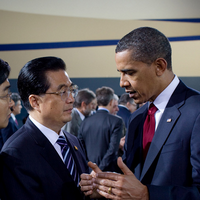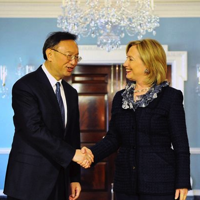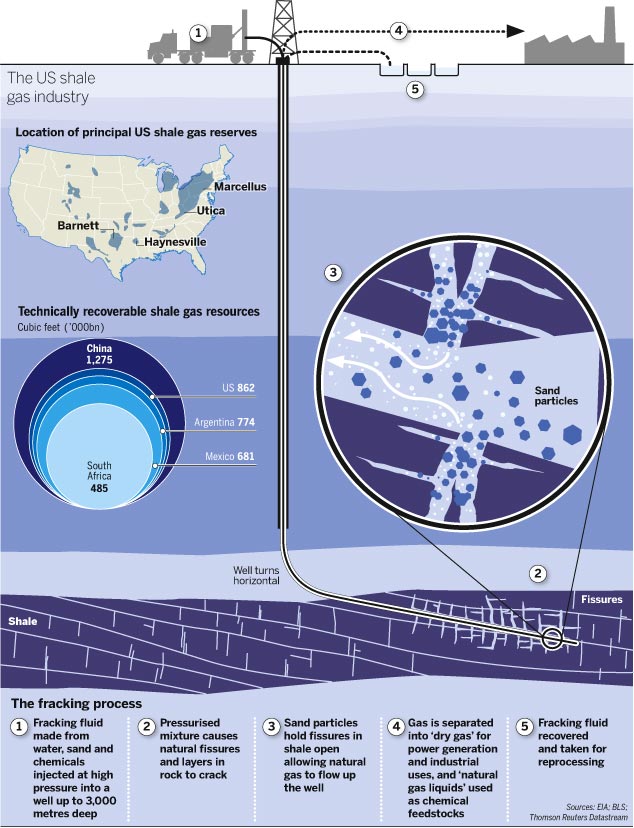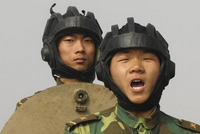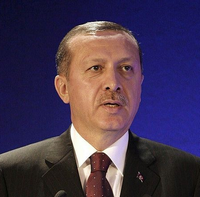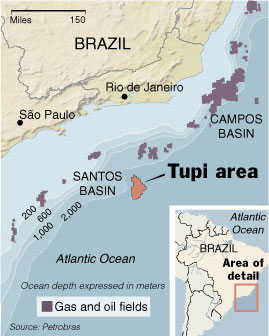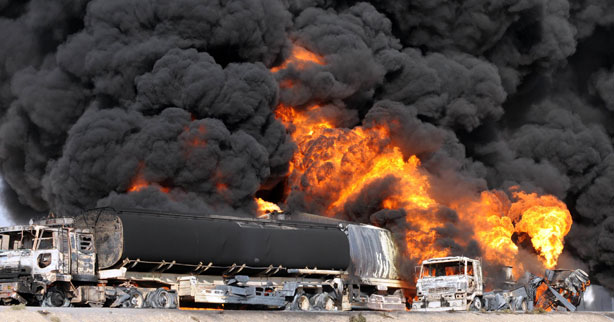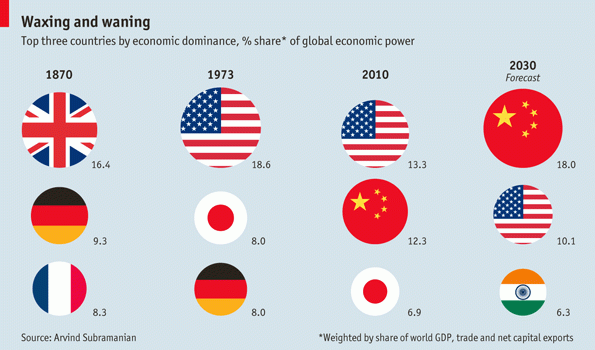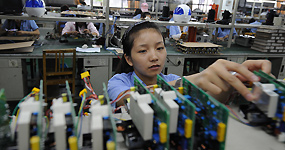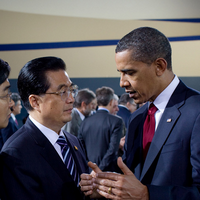 Story in WAPO gets the Iran-is-winning crowd all jacked up: Iraq is condemned for not siding with the anti-Assad movement in Syria and actually offering support to the regime! This is spun as clear evidence of Iran's influence, when there are a host of pragmatic reasons why Baghdad isn't so interested in having the Arab Spring topple the dictator Assad.
Story in WAPO gets the Iran-is-winning crowd all jacked up: Iraq is condemned for not siding with the anti-Assad movement in Syria and actually offering support to the regime! This is spun as clear evidence of Iran's influence, when there are a host of pragmatic reasons why Baghdad isn't so interested in having the Arab Spring topple the dictator Assad.
Some analysis that's far more nuanced and realistic is found in the NYT Sunday ("Vacuum Is Feared as U.S. Quits Iraq, but Iran's Deep Influence May Not Fill It," by Tim Arango).
The best bits:
As the United States draws down its forces in Iraq, fears abound that Iran will simply move into the vacuum and extend its already substantial political influence more deeply through the soft powers of culture and commerce. But here, in this region that is a center of Shiite Islam, some officials say that Iran wore out its welcome long ago.
Surely, Iran has emerged empowered in Iraq over the last eight years, and it has a sympathetic Shiite-dominated government to show for it, as well as close ties to the anti-American cleric Moktada al-Sadr. But for what so far are rather obscure reasons — perhaps the struggling Iranian economy and mistrust toward Iranians that has been nurtured for centuries — it has been unable to extend its reach.
In fact, a host of countries led by Turkey — but not including the United States — have made the biggest inroads, much to the chagrin of people here in Najaf like the governor.
“Before 2003, 90 percent of Najaf people liked Iranians,” said the governor, Adnan al-Zurufi, who has lived in Chicago and Michigan and holds American citizenship. “Now, 90 percent hate them. Iran likes to take, not give” . . .
So big surprise: those who deliver economically achieve real standing. Iran simply cannot do this, because it's economy is broken - just like its "revolution."
Now to address the conventional wisdom:
A standard narrative has it that the Iraq war opened up a chessboard for the United States and Iran to tussle for power. One of the enduring outcomes has been an emboldened Iran that is politically close to Iraq’s leaders, many of whom escaped to Iran during Saddam Hussein’s government, and that is a large trading partner.
Yet the story is more nuanced, particularly in the Shiite-dominated south that became politically empowered after the American invasion upended Sunni rule. It has been other countries — most powerfully Turkey, but also China, Lebanon and Kuwait — that have cemented influence through economic ties.
The patterns were established soon after the American invasion. Shoddy Iranian goods — particularly low-quality cheese, fruit and yogurt — flooded markets in the south, often at exorbitant prices, said Mahdi Najat Nei, a diplomat who heads the Trade Promotion Organization of Iran office in Baghdad. This sullied Iran’s reputation, even though prices have since plummeted, creating an aversion to Iranian goods that lasts to this day, Mr. Nei said.
This has made it difficult for Iranian businesspeople to make investments in southern Iraq, said Ali Rhida, who is from Iran and is building an iron factory on the outskirts of Najaf. “The real problem is with the mangers of the economy in Iran,” he said. “After the fall of the regime, many Iranian companies came here but they screwed it all up.”
As always, the real winners are the ones who deliver opportunity. Iran makes demands and delivers burdens.
“Investment from Iran has almost stopped,” said Zuheir Sharba, the chairman of Najaf’s provincial council, referring to a phenomenon that has more to do with Iran’s anemic state-run economy than it does to Iranian ambitions. Speaking about Americans, he said, “They were coming, but they’ve stopped.”
Mr. Sharba continued: “We wish that American companies would come here. I wish the American relationship was that, instead of troops, it would be companies.” Mr. Sharba is a cleric, and he spent 14 years in Iran in exile during Mr. Hussein’s government.
Our failure at economy-building staring us in the face. Why? We became obsessed with the notion that government-building equates to state-building, when it's economy-building that triggers the locals to make their own state happen. We acted like the Gorbachev here: imagining politics determines economics, when we should have played it like Deng, understanding that you start with the economics and let the politics slowly evolve.
Yes, Iran can make trouble, but who cuts the deals?
While Iran may be flagging in the battle for hearts and minds, it is still able to create trouble. A rise this summer in American troop deaths in southern Iraq at the hands of Iranian-backed militias raised alarms in diplomatic circles and became the core of the argument put forth by those who want a longer-lasting American military presence to counter Iran’s clout.
But the troublemaking does not extend to the more important arena of commerce, officials say. “Because of the political sensitivities of Iran, many people say Iran is controlling the economy of Iraq,” said Sami al-Askari, a member of Parliament and a close confidant to Prime Minister Nuri Kamal al-Maliki. “No, the Turks are.”
Mr. Maliki once lived in Iran, and he surrounds himself with aides who have close ties to Tehran. Yet even these relationships have not translated into economic or cultural influence that could endear Iran to the Iraqi public at large. “I’ve yet to meet an Iraqi who trusts the Iranians,” said Joost Hiltermann, the International Crisis Group’s deputy program director for the Middle East.
But the mythology dies hard in Washington, so eager are we to crap on ourselves and see "loss" in everything right now. It's silly and it's childish, but that's what we are right now.
Kenneth Katzman, a Middle East analyst at the Congressional Research Service in Washington, said that because of numerous small projects — particularly related to religious tourism in Najaf, including a large underground toilet facility, and some construction projects in Basra — “a lot of these myths get perpetrated” about Iran’s influence in the south. “In the aggregate, it doesn’t add up to much,” he said.
Atmospherics trumping reality. Iran is a master at spewing this nonsense and we are adept at swallowing it, much like Ahmadinejad's diatribes and threats against Israel.
The Saudis know better and so do the Turks. Given the choice, I choose Turkey, which, BTW, is really "winning" in Iraq - and that's just fine by me.
Will we Americans ever grow past this pathetic need to view all interventions in such black-and-white terms? I have great faith in the Millennials. The Boomers were raised in a Manichean childhood, and it permanently ruined their strategic thinking.
 Monday, November 14, 2011 at 11:44AM
Monday, November 14, 2011 at 11:44AM The International Atomic Energy Agency’s latest report on Iran’s nuclear programsurprised no one, even as it created the usual flurry of op-eds championing preventative “next steps.” As I’ve been saying for the past half-decade, there are none. Once the U.S. went into both Iraq and Afghanistan, the question went from being, “How do we prevent Iran from getting the Bomb?” to “How do we handle Iran’s Bomb?” That shift represents neither defeatism nor appeasement. Rather, it reflects a realistic analysis of America’s strategic options. With that in mind, here are 20 reasons why Iran’s successful pursuit of the Bomb is not the system-changing event so many analysts are keen to portray.

 Arab Spring,
Arab Spring,  China,
China,  India,
India,  Iran,
Iran,  Iraq,
Iraq,  Russia,
Russia,  Turkey,
Turkey,  US,
US,  nuclear weapons | in
nuclear weapons | in  WPR Column |
WPR Column |  Email Article |
Email Article |  Permalink |
Permalink |  Print Article
Print Article 








